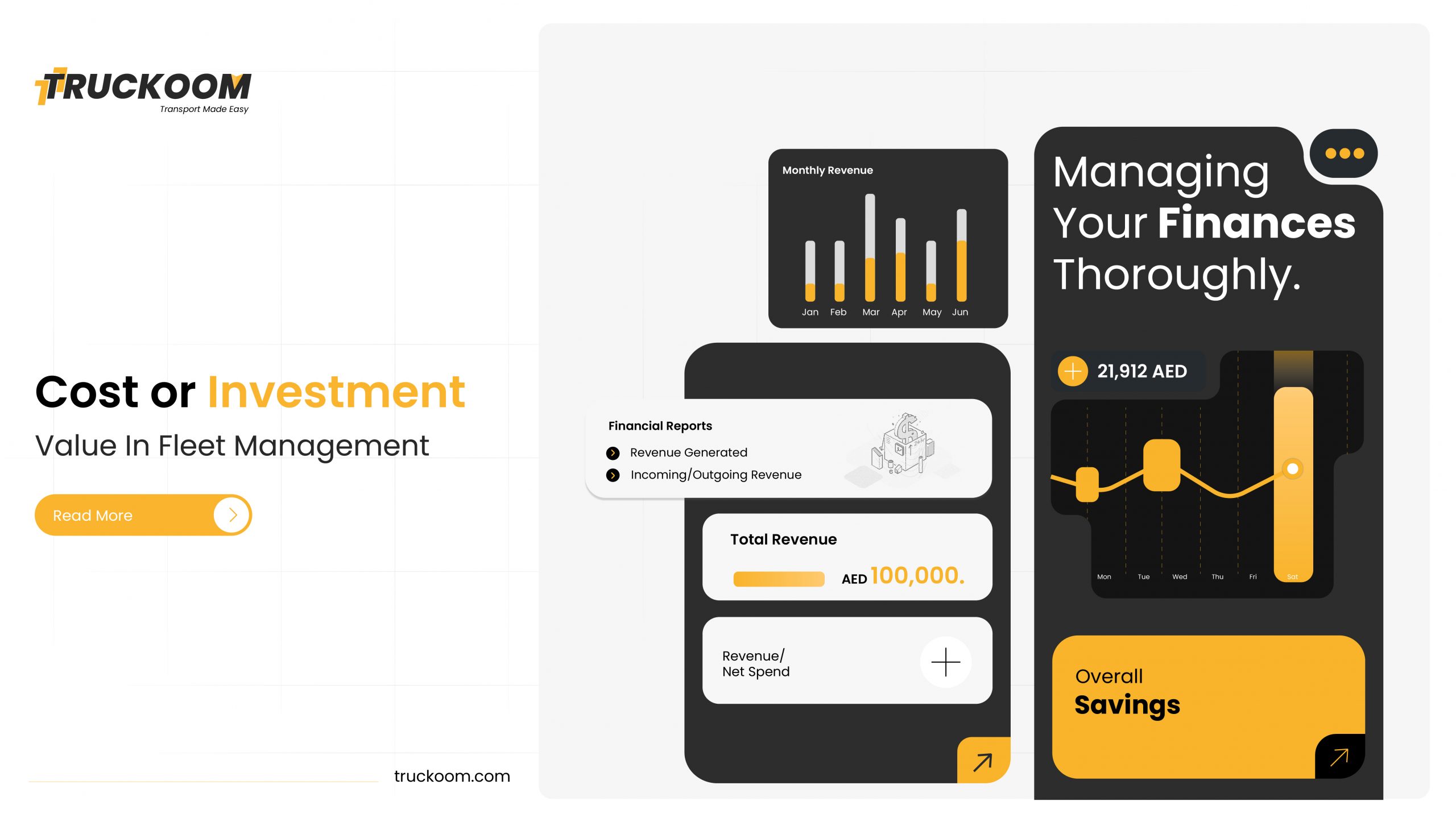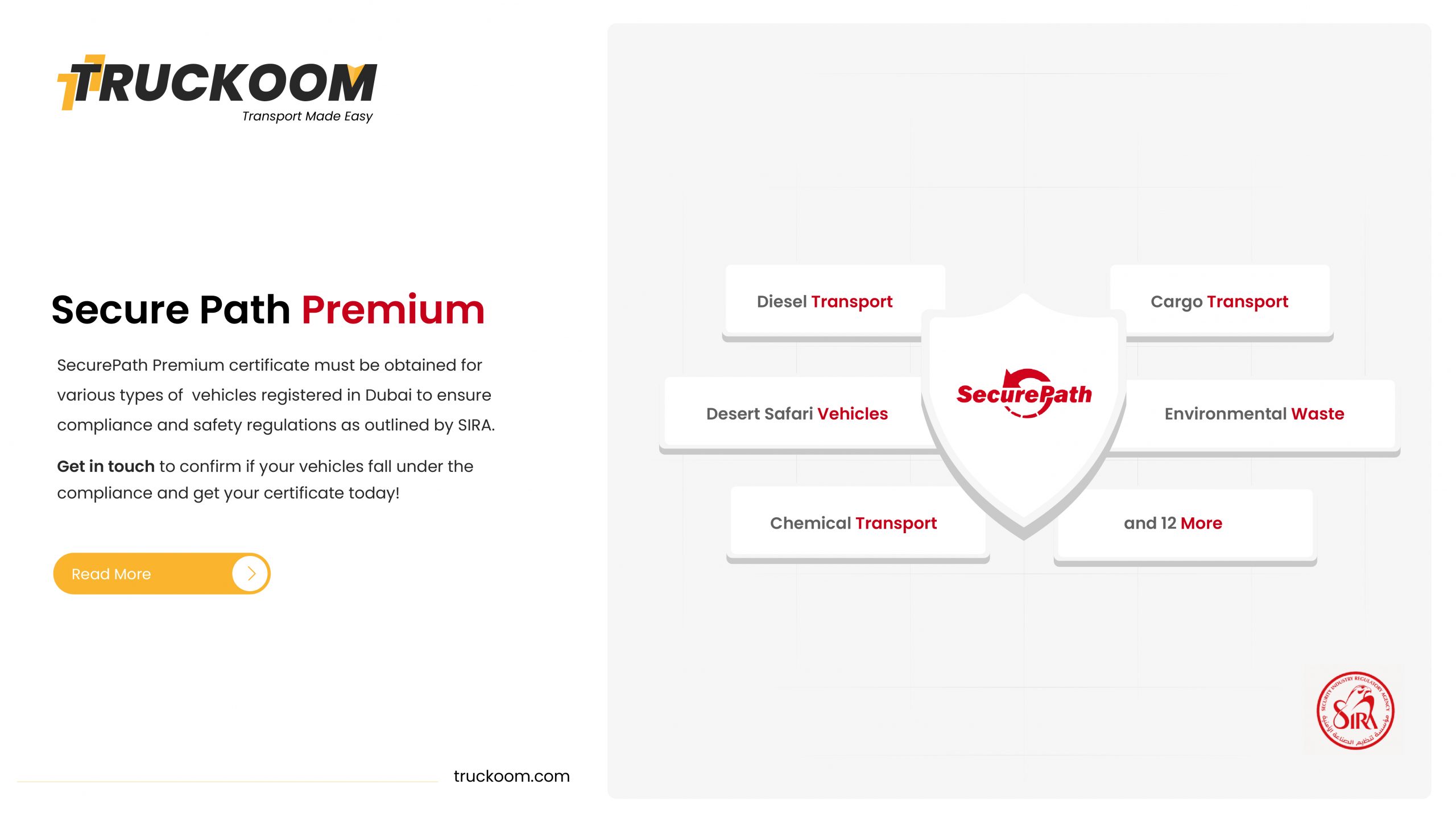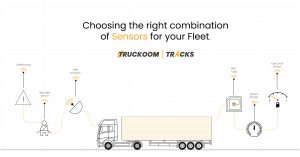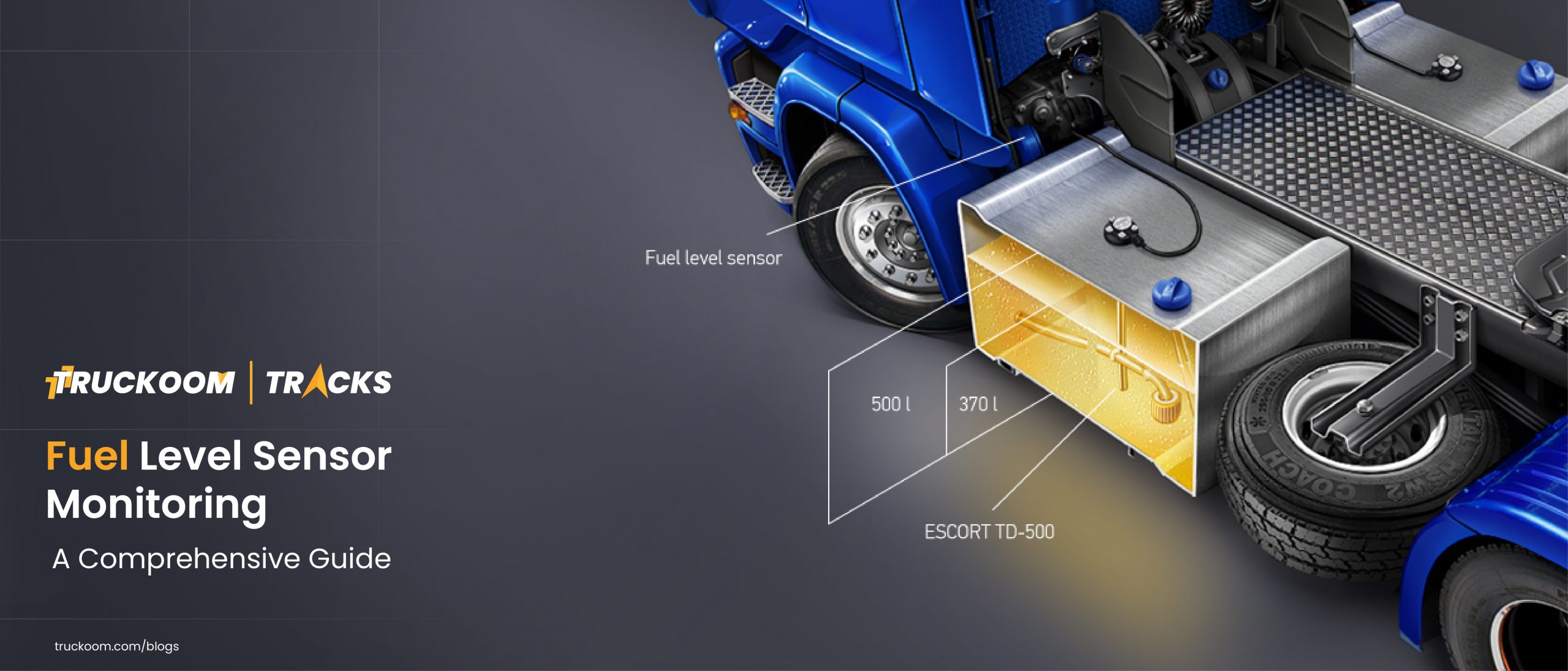Data Collection and making informed decisions based on such data can be a crucial part of Fleet management. In this blog we will go into detail on how to use Fleet Management for data analysis and how to affect positive process and operational changes based on the insights gleaned, as well as how to customize reports to quickly find what you need.
Understanding Fleet Data: Consolidation and Analysis
Fleet management software (FMS) and solutions work in conjunction to give users powerful insights into the health and operation of their fleet. As more software integrations become available — including finance, human resources, and other organization-wide integrations — so does the potential to get bogged down in data. Understanding Fleet Data and the different types of data you can obtain from FMS and other solutions to get a better understanding of your fleet:
- What source collects what data?
- How collected data interacts to provide in-depth insights for proactive actions
- How to apply insights practically to improve fleet operations
Covering how to consolidate collected fleet data for in-depth analysis and explore how proactive analytics can improve overall fleet performance.
Data Collection and Consolidation
Being able to collect an abundance of quality fleet data over time is hugely beneficial. When it comes to understanding the good, the bad and the ugly of your fleet operation. While manually collecting this data can prove time consuming and often leads to data gaps. There are numerous solutions available that fleets can use to automate data capture.
Integrated fleet management systems, like Tracks by Truckoom, can collect disparate data from multiple sources. Which includs GPS and telematics, fuels cards and fleet solutions. They consolidate that data on one platform to ensure all the fleet metrics you need are centre on a single, customizable dashboard. But why is data consolidation so integral when it comes to gaining useful insights into fleet?
Looking at data points separately doesn’t give a full picture of what’s going on in the fleet, however. Data collected from work orders, inspections, parts inventories, fueling and more work together. They create a full story as to what caused a breakdown, what’s causing delays in the shop. Being able to nail down the source of issues helps fleets correct those issues effectively and in a timely manner.
Find out how Tracks by Truckoom makes data consolidation and analysis a breeze!
Data Aggregation and Analysis
Data aggregation summarizes data collected from multiple sources, making fleet management data analysis easy and increasing the value of data insights. Collected data, consolidated, and aggregated using FMS and/or other integrated solutions is displayed in up-to-date fleet reports that express specific metrics from which you can follow an audit trail to source issues.
Let’s take, for example, cost comparison by year for your fleet assets. The cost comparison by year summary aggregates such data as fuel and service expenses, including parts expenses, and other costs associated with each asset over the course of a given year, including loan/lease, insurance, licensing, and registration payments. Using such costing data and dividing it by the difference between an asset’s first and last odometer/meter entries for that year, FMS automatically calculates an asset’s average annual cost per meter. ompared to similar assets, calculate the expected cost per meter for a given make, model year over its useful life, and identify the model year expected to incur the lowest lifetime costs. You can learn more about how to calculate the ROI of Fleet management and the value of your investments through the data provided
Conclusion
With that data readily available, fleets can start identifying issues such as why a certain model is underperforming, potentially due to factors like imbalanced utilization (visible in a utilization summary) and poor inspection compliance (evident in inspection summaries) Additionally, cost comparison by year data also allows for easy vehicle replacement analysis which FMS will calculate for you.
Using FMS and/or other integrated fleet solutions makes analyzing all things fleet much more manageable, as data collection, consolidation and aggregation are done in the background automatically. Regardless of how you decide to collect fleet data, however, it’s important to understand why data consolidation and aggregation is critical to managing your fleet operations and why clean, accurate data collection is integral to gaining actionable insights.




